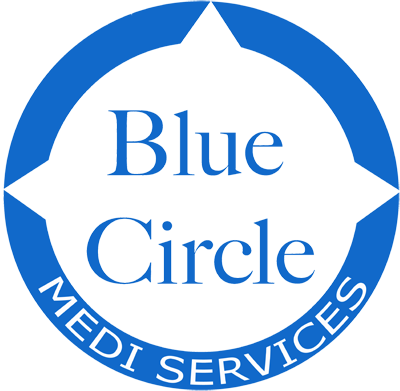Schools today are expected to do more than educate. They are also where kids fall sick, get hurt, and sometimes face real medical emergencies. Having a nurse around is great, but is that enough? Most schools still run on outdated setups: a basic first aid box, maybe a part-time nurse, and no proper system in place. That’s a risk no parent wants to take. Whether it’s a preschool in Noida or a residential school in Delhi, what we need is a proper healthcare partner or someone who can set up medical rooms, bring in trained staff, and manage day-to-day health. Not just react when things go wrong.
Why school healthcare fails
Most schools still treat healthcare as a formality. They appoint a nurse, allocate a spare room, and stock it with basic supplies like bandages and a thermometer. But when a serious situation arises, such as a student fainting, sustaining a sports injury, or showing signs of a health concern, the shortcomings become evident. There is no structured process, no medical records, and no trained support team in place.
And the issue is not limited to emergencies. What about managing allergies, ongoing health conditions, or early signs of mental distress? Without a proper system, these are often missed, and it is the students who are affected.
Healthcare in schools should no longer be treated as an afterthought. It needs to be a fundamental part of the school environment.
What a Modern School Healthcare Partner Offers
The role of a school healthcare partner has evolved well beyond basic first aid. Today, schools need a dependable ecosystem that offers medical readiness, preventive care, and a timely response to both routine and critical health situations. This includes structured infirmary services, emergency protocols, regular health screenings, and trained professionals who understand how to manage children’s health in school settings.
A modern partner also embeds health into the school’s daily operations, maintaining digital health records, providing insights to parents and administrators, and ensuring compliance with all safety norms. The focus is as much on prevention and awareness as it is on treatment. Schools that adopt this approach build safer, more health-conscious environments that support both learning and well-being.
Play Schools and Pre-Primary Institutions: The Special Needs
The foundation of a child’s educational journey begins in play schools and pre-primary institutions. While the focus here is on early learning and socialization, the health and safety needs of these very young children are particularly critical. They are more vulnerable to common infections, prone to minor injuries during active play, and may struggle to articulate discomfort or distress, requiring observant and trained medical professionals.
In bustling urban environments like Delhi, Noida, Gurugram, and Manesar, where children are exposed to varying levels of environmental stressors and have less access to open spaces, vigilant health monitoring becomes even more crucial. For these youngest learners, a basic first-aid kit isn’t sufficient. A dedicated healthcare partner understands these specific vulnerabilities and designs a proactive health program tailored for this age group.
Key offerings that a healthcare partner can bring to play schools include:
- Ensuring immediate, appropriate responses to common childhood incidents.
- Proactive monitoring for early signs of illness or developmental concerns.
- Guidance and checks to ensure children are receiving adequate and healthy food during school hours.
- Timely and clear communication regarding any health incident or concern and building trust.
Residential Schools: Health is a 24/7 Responsibility
Unlike day schools, residential schools carry the added responsibility of a student in a full-time environment. For residential schools, health cannot be treated as an add-on or a support function. It must be embedded into daily life, with medical professionals available around the clock, not just during academic hours. Illnesses, injuries, or emotional challenges can arise anytime, especially when children are away from home for extended periods.
A dependable school healthcare partner becomes a part of campus life. The team supports everything from late-night medical needs to early detection of stress or behavioral issues. This constant presence builds a strong safety net. It also reassures parents, strengthens the institution’s credibility, and ensures that health concerns are identified and addressed with sensitivity and speed.
Why blue circle the right fit for school healthcare
With increasing expectations and health responsibilities, schools across India are seeking more than just basic medical support. They want a trusted partner that brings structure, consistency, and reliability to everyday health delivery. That’s where Blue Circle steps in, combining clinical expertise, digital tools, and preventive care models customized for educational institutions.
Here’s what sets Blue Circle apart:
- On-campus medical staffing backed by clinical protocols
- Digital health records are accessible to both parents and school administrators
- Regular health camps and screenings across all age groups
- Structured mental wellness and first aid training programs
- Compliance-ready systems aligned with NABH and other standards
- Proven experience in schools, colleges, and residential institutions
Whether it’s a play school in Noida or a residential school in Gurugram, Blue Circle helps institutions build a safe, medically governed environment where children can thrive physically, mentally, and emotionally.




